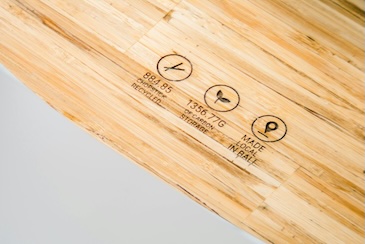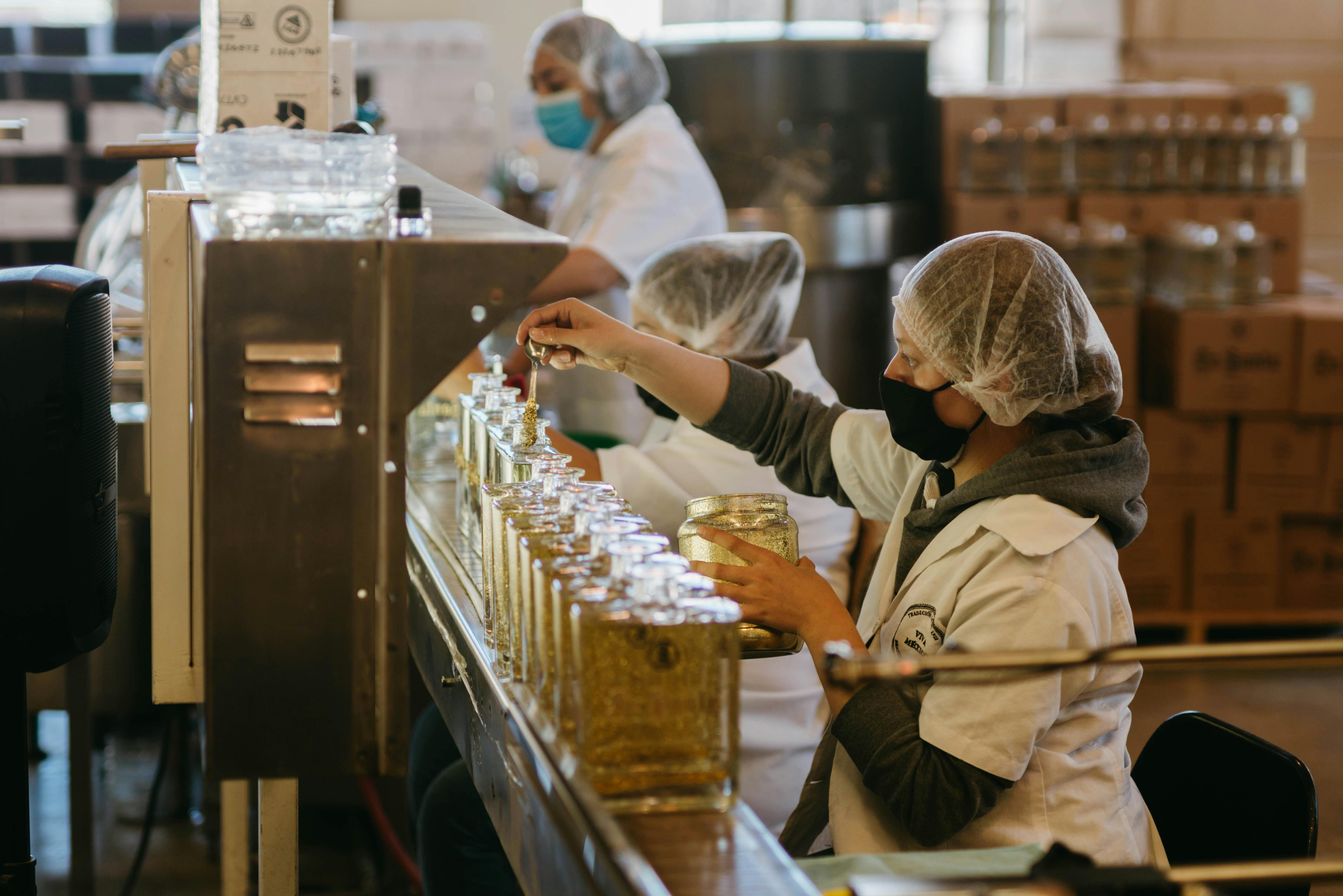Top 5 E-Commerce Packaging Alternatives to Single-Use Plastics

As e-commerce continues its rapid expansion, the demand for sustainable packaging is becoming more urgent than ever. By 2030, the U.S. e-commerce market is projected to surpass $19.3 million, growing at a compound annual rate of 15% from 2024. Traditional packaging—especially single-use plastics—poses a serious environmental threat, contributing to an estimated 165 million tons of waste annually from e-commerce alone. In response, brands are increasingly embracing circular economy models and innovative, reusable packaging solutions. This shift isn’t just about reducing environmental impact. It’s also about aligning with evolving consumer expectations for more responsible and sustainable practices.
In this article, we’ll explore five packaging options that are transforming e-commerce packaging.
1. Reusable Packaging
Reusable packaging is emerging as a key solution in reducing waste across the e-commerce supply chain. By replacing single-use materials with durable, returnable alternatives, brands can create closed-loop systems that significantly minimize environmental impact while enhancing customer experience.
A promising example of this approach is KWiiD, which offers a reusable box system designed for multiple shipping cycles. Their durable packaging is ideal for products that require protection during transit and can be easily returned by customers for reuse. Kwiid’s model helps reduce reliance on disposable boxes bags, making it a sustainable packaging option.
Why It Works:
- Replaces single-use boxes and mailers
- Built to survive multiple shipments
- Seamless return system for reuse
- Works across industries
2. Returnable and Reusable Mailers
In the fashion and apparel sectors, returnable and reusable mailers are becoming a popular alternative to plastic bags and poly mailers. These mailers are built to last through several uses, and once a customer has received their order, they can send the mailer back to the retailer for reuse, creating a circular packaging system.
Promising Option: RePack is a company offering reusable mailers for e-commerce businesses, particularly in fashion. The company’s mailers are designed to be returned to the brand after the customer receives their products. This reduces reliance on disposable packaging while providing a more eco-friendly option for fashion e-commerce.
Why It Works:
- Lightweight and durable
- Easy returns built-in
- Cuts out single-use polybags
3. Upcycled Fabric Packaging
Upcycled fabric packaging is a unique and creative solution for e-commerce retailers, especially those in fashion, who want to create a more sustainable and impactful packaging experience. Using discarded textiles and transforming them into functional packaging can add value to a brand’s sustainability efforts while also reducing textile waste.
Promising Option: The Upcycle Project takes post-consumer textile waste and turns it into durable, reusable fabric packaging. This packaging can be used for shipping clothing, accessories, and other textile-based products. The benefit is twofold: it reduces waste and gives a second life to discarded fabrics.
Why It Works:
- Repurposes waste fabric
- Reusable and customizable
- Adds a branded, eco-forward touch
- Supports a circular economy
4. Mushroom-Based Packaging
Mushroom-based packaging offers an innovative, sustainable solution made from the mycelium of mushrooms. This packaging is naturally biodegradable and provides strong protection during shipping, making it a great fit for various e-commerce products, including electronics, food, and other fragile or temperature-sensitive items.
Promising Option: Mushroom Packaging creates mushroom-based packaging that can be molded into various shapes to protect products during shipping. It’s ideal for e-commerce businesses looking to use biodegradable packaging that provides strong, natural protection for items like electronics, food, or fragile goods. Unlike plastic packaging, mycelium-based packaging naturally decomposes without harming the environment.
Why It Works:
- Fully compostable
- Naturally protective
- Alternative to foam or plastic
5. Compostable Shipping Peanuts
For packaging that requires added protection, compostable shipping peanuts are a growing solution. These peanuts are made from plant starch and break down easily when composted. They serve as an environmentally-friendly alternative to the traditional foam packing peanuts that have long been a staple in protecting delicate products during shipping.
Promising Option: Many companies now use compostable peanuts that are made from corn starch and break down completely in the environment. They’re lightweight, offer strong cushioning, and help reduce waste while keeping products like electronics, fragile items, and food protected during shipping.
Why It Works:
- Made from plant-based materials
- Safe, lightweight cushioning
- Breaks down cleanly
- Readily available
The Future of Sustainable E-Commerce Packaging
As e-commerce continues to evolve, the need for more sustainable and reusable packaging solutions is becoming increasingly urgent. The industry is shifting away from single-use plastic and embracing innovative packaging options that align with the growing demand for environmental responsibility.
From reusable boxes to upcycled fabric packaging, returnable mailers, and mushroom-based materials, these packaging alternatives are not only reducing waste but also fostering a circular economy within e-commerce. For businesses looking to stand out while making a positive environmental impact, adopting these reusable packaging options will help contribute to a more sustainable future for the industry.
By embracing these innovative solutions, e-commerce brands can reduce their carbon footprint, save on packaging costs, and respond to customer demand for more eco-friendly practices, ensuring a greener future for both their business and the planet.
Cut Through the Greenwashing. Choose Smarter Packaging.
As sustainable packaging options grow, so does the confusion. CarbonBright helps e-commerce brands make clear, confident decisions with AI-powered Life Cycle Assessments (LCAs) that compare the true carbon impact of compostables, reusables, and more.
Contact us to make smarter, greener packaging choices.



